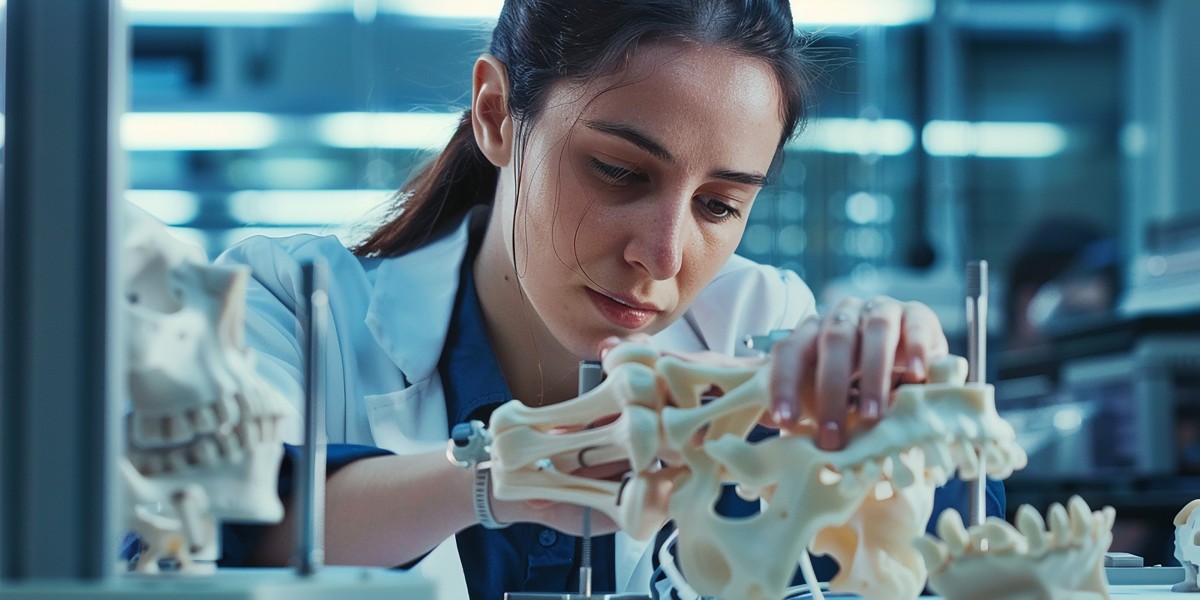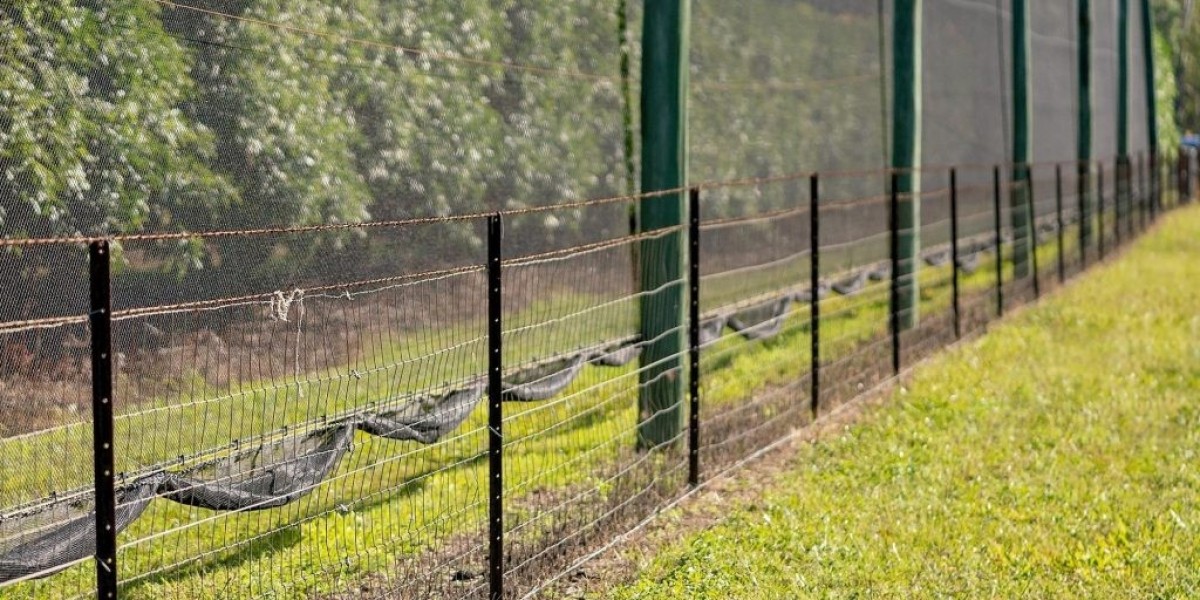Clinical rotations are the strongest and pivotal component of MBBS education; they are a bridge that joins theoretical knowledge with practical ones. With practical experiments, students learn the complexities of patient healthcare. Those students who are pursuing an MBBS in Tajikistan or those who are looking to pursue an MBBS in Tajikistan, these clinical rotations not only provide practical experience but equip students with hands-on experience and generate unique experiences for doctors to serve the globe.
This blog will let you know how clinical exposure in Tajikistan equips the students for medical practice around the globe.
Exposing to Diverse Patient Population:
Tajikistan is a country with a blend of rural and urban population. It helps students to get much exposure to a variety of medical cases. They also get to know some new medical conditions that are limited to certain regions; it will help them to prepare themselves for certain medical conditions globally.
For example, in rural areas students will explore late-stage diseases that stem from lack of healthcare access, and in urban areas they will explore more complex and rare diseases that want advanced treatments. This helps students to explore a wide range of medical conditions and be prepared for diagnosis and treatments. This will prepare them for healthcare globally.
Moreover, working with patients from different cultural and ethnic backgrounds during clinical rotations in Tajikistan helps students develop cultural competence, an increasingly important skill in today’s globalized world.
Recommending Clinical Skills Over Technology:
In this advanced technology era, equipment is used to diagnose and treat diseases all over the world. There are certain rural areas in Tajikistan where there is no access to these advanced technologies. Clinical skills—history-taking, physical examination, and clinical reasoning—come into play. In many resource-limited settings, rural areas, or developing countries. Doctors can’t always count on technology. MBBS students trained in Tajikistan are trained to practice in restricted areas, and they have honed their skills to make accurate diagnoses based on clinical observations.
Additionally, this improves critical thinking and problem-solving skills as students think through their decisions, question their assumptions, and use evidence-based approaches towards healthcare.
Establishing hands-on learning and early patient interaction:
Globally, medical students often meet or deal with patients in the early stages of their MBBS education, but in Tajikistan, MBBS students are exposed to patient healthcare in their early education of MBBS. By the time they start clinical rotations, they are already familiar with the patient interaction, and it helps them to solve more complex cases conveniently.
The clinical rotations in Tajikistan are designed to offer students extensive hands-on experience. This can include taking patient histories, conducting physical exams, assisting in surgeries, and observing treatments.
The early exposure to clinical rotations in the real world helps students to build confidence. By the time they graduate, they are more comfortable interacting with patients and making medical decisions.
Emphasizing Learning from Medical Mentors:
Tajikistan is well known for clinical rotations under the guidance of experienced professionals.There are many hospitals in Tajikistan where the doctors are trained by experienced physicians, which means that students benefit from a blend of local and international medical perspectives.
Mentorship in Tajikistan’s medical system seems personalized. Class sizes tend to be smaller, where students can interact much with the faculties, and even faculties can pay much attention to every detail required for the students to understand.
These faculties not only teach them the subjects but also guide them through medical ethics, communication skills, and the development of empathy. These are not just soft skills, but these considerations differentiate an average doctor from a great one. These skills help students not only to diagnose well but also to build good relationships with patients.
Click here to learn more.



